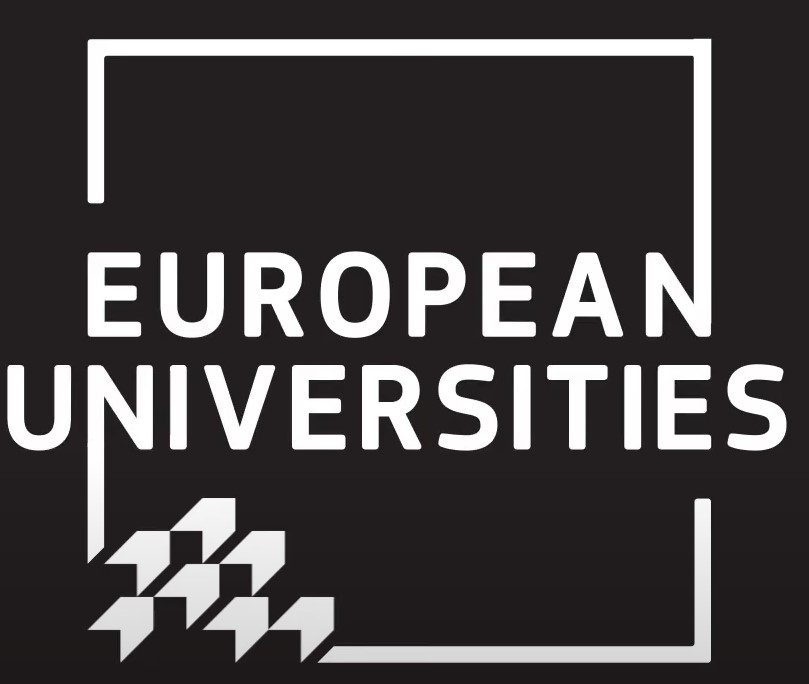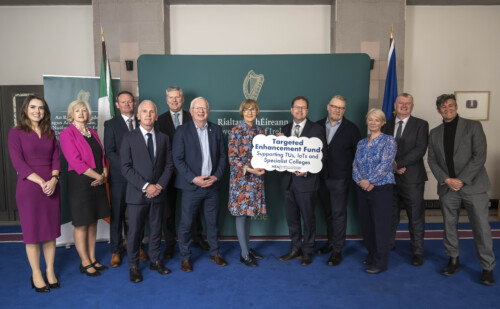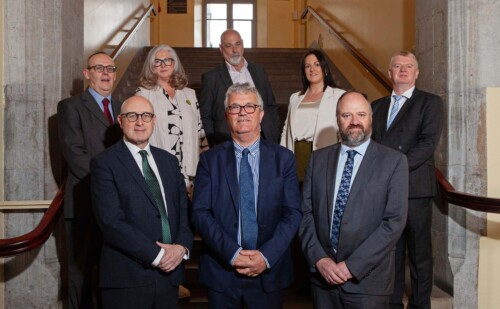Minister Harris welcomes €3.1 million funding for Irish Higher Education Institutions participating in European University alliances
By Maura O'Shea
Posted: 4 February, 2022

The Higher Education Authority has announced funding of €3.1 million to Irish higher education institutions who are members of seven European University alliances.
One of the flagship initiatives of the European Union’s ambitions is to build a European Education Area.
European Universities come together to create a European inter-university ‘campus’, where students, staff and researchers enjoy seamless mobility (physical, virtual or blended) to study, train, teach, do research, work or share services at cooperating partner institutions.
The alliances foster excellence, innovation and inclusion in higher education across Europe, accelerating the transformation of higher education institutions into the universities of the future with structural, systemic and sustainable impact.
Irish participation in European Universities is much higher than its European counterparts – just 10% of Europe’s universities are involved in these competitively awarded alliances while almost 50% of Irish institutions are.
This funding will strengthen the role of Irish partners in these alliances but will also support student exchanges, researchers, and engagement.
Minister for Further and Higher Education, Research, Innovation and Science, Simon Harris TD, commented: “This announcement signals our Government’s commitment to the ambitious vision of innovative, globally competitive and attractive European Education Area and European Research Area, in full synergy with the European Higher Education Area.
“Higher education needs to provide students, staff, and researchers with the skills to find their way in a changing labour market – where a demand for highly skilled people is rising – and to navigate the green and digital transitions. These alliances will assist our institutions in delivering these objectives while promoting gender equality, inclusiveness, and equity.”
Dr Alan Wall, CEO of the HEA, added “The European Universities deepen cooperation between the participant institutions, their students and staff and pool online and physical resources, courses, expertise, data, and infrastructure. Working closer together will leverage their ability to tackle economic and societal challenges. The participation of Irish higher education institutions in the European Universities alliance demonstrates the strong performance internationally of our higher education system with 50% of our institutions participating in these partnerships”.
Funding awarded
| European University | Title | Irish Partner | Total |
| CHARM-EU | Challenge-Driven, Accessible, Research-based, and Mobile | Trinity College Dublin | € 442,000 |
| ECIU University | European Consortium of Innovative Universities | Dublin City University | € 442,000 |
| ENLIGHT | European University Network to promote Equitable Quality of Life, Sustainability, and Global Engagement through Higher Education Transformation | National University of Ireland, Galway | € 442,000 |
| Eut | European University of Technology | Technological University Dublin | € 442,000 |
| FILMEU | The European Universities Alliance for Film and Media Arts | Institute of Art, Design + Technology, Dún Laoghaire | € 442,000 |
| RUN-EU | Regional University Network | Technological University of the Shannon: Midlands Midwest | € 442,000 |
| UNIC | The European University of Post-Industrial Cities | University College Cork | € 442,000 |
| TOTAL | € 3,094,000 |
NOTES TO EDITOR:
European Universities include different types of higher education institutions, from universities of applied sciences, technical universities and film and media art schools to comprehensive and research-intensive universities. They will involve around 280 higher education institutions from all Member States and beyond, located not only in capital cities but also in more remote European regions. Each alliance is composed on average of seven higher education institutions. While some alliances are comprehensive and cover all disciplines, others are for example focusing on sustainable development, health and well-being, digitalisation and artificial intelligence, art, engineering, or space.
In total, a budget of up to €287 million is available for these 41 European Universities. Each alliance receives up to €5 million from the Erasmus+ programme and up to €2 million from the Horizon 2020 programme for three years to start implementing their plans and pave the way for other higher education institutions across the EU to follow.
Funding from both programmes is an important step in strengthening the interactions between the European Education Area and the European Research Area.
The progress of each alliance is closely monitored. The results of the 2019 call were published in June 2019. Out of 54 applications received, the first 17 European University alliances involving 114 higher education institutions from 24 Member States were selected. Two Irish institutions are among the partners.
The results of the 2020 call were published in July 2020. Out of 62 applications received, 24 new European Universities alliances have been selected involving 165 higher education institutions from 26 Member States and other countries participating in the Erasmus+ programme. Six Irish institutions are among the partners. There is now a total of seven Irish HEIs across seven EUI consortia.


